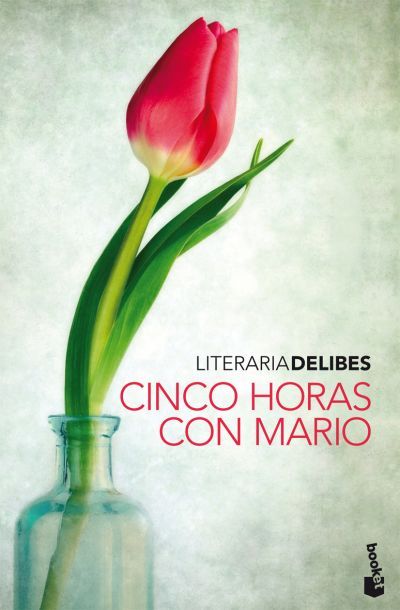Spanish writer Miguel Delibes dies at 89

Miguel Delibes, one of Spain's top novelists whose works portrayed the country's upheavals following its 1936-39 civil war, died Friday after a lengthy battle with colon cancer. He was 89.
Delibes, a former journalist whose works have been translated into some 30 languages, died at his home in the central city of Valladolid where he was born in 1920, public radio RNE reported citing his family.
"We must remember him as a good person and a great writer," Education Minister Angel Gabilondo told the radio station, adding the author had a "passion" for writing.
Delibes was operated for colon cancer in 1998 shortly after he published his last novel "El Hereje" ("The Heretic"), an international bestseller that follows the life of a boy born on the day the Protestant reformation began.
"I am forgetting what I wrote. The same day that I submitted 'The Heretic'
to publishers I was diagnosed with colon cancer. Since then the only thing I have dealt with has been my health," the online edition of daily newspaper El Mundo quoted him as saying at the time.
A prolific writer whose works often depicted the harsh realities of rural life, he received Spain's highest honour for literature, the Miguel de Cervantes Prize, in 1993.
In 1991, he was awarded the Spanish National Prize for Literature.
One of his most popular works is "Cinco Horas con Mario" (Five Hours with Mario), published in 1966, in which a widow watches over the body of her husband in a provincial town and recalls their life together.
Another popular novel, "Los Santos Inocentes" ("The Innocent Saints"), published in 1981, depicts the extreme poverty and feudal conditions experienced by peasants living under a wealthy landowner in Spain.
The novel was one of about a dozen which he wrote which have been adapted for cinema.
Late Spanish actor Francisco Rabal won the award for best actor at the Cannes film festival in 1984 for his portrayal of the main character in the movie version of "The Innocent Saints" by Spanish director Mario Camus.
Throughout his life Delibes defended nature and the simple values of rural life as well as individual liberties during the 1939-75 right-wing dictatorship of General Francisco Franco.
Born into a bourgeois family, his father was a university professor and his grandfather was a nephew of the French composer Leo Delibes.
He studied law and commerce but began working as a cartoonist for a regional daily newspaper, El Norte de Castilla. He later became a journalist at the newspaper and in 1958 its director.
A victim of censorship by Franco's dictatorship after exposing the harsh conditions of life and work of rural peasants, he preferred to resign from the newspaper in 1963.
He loved hunting and fishing, passions reflected in his work, especially in "The Diary of a Hunter".
bur-vg/ds/lt
Join our commenting forum
Join thought-provoking conversations, follow other Independent readers and see their replies
Comments